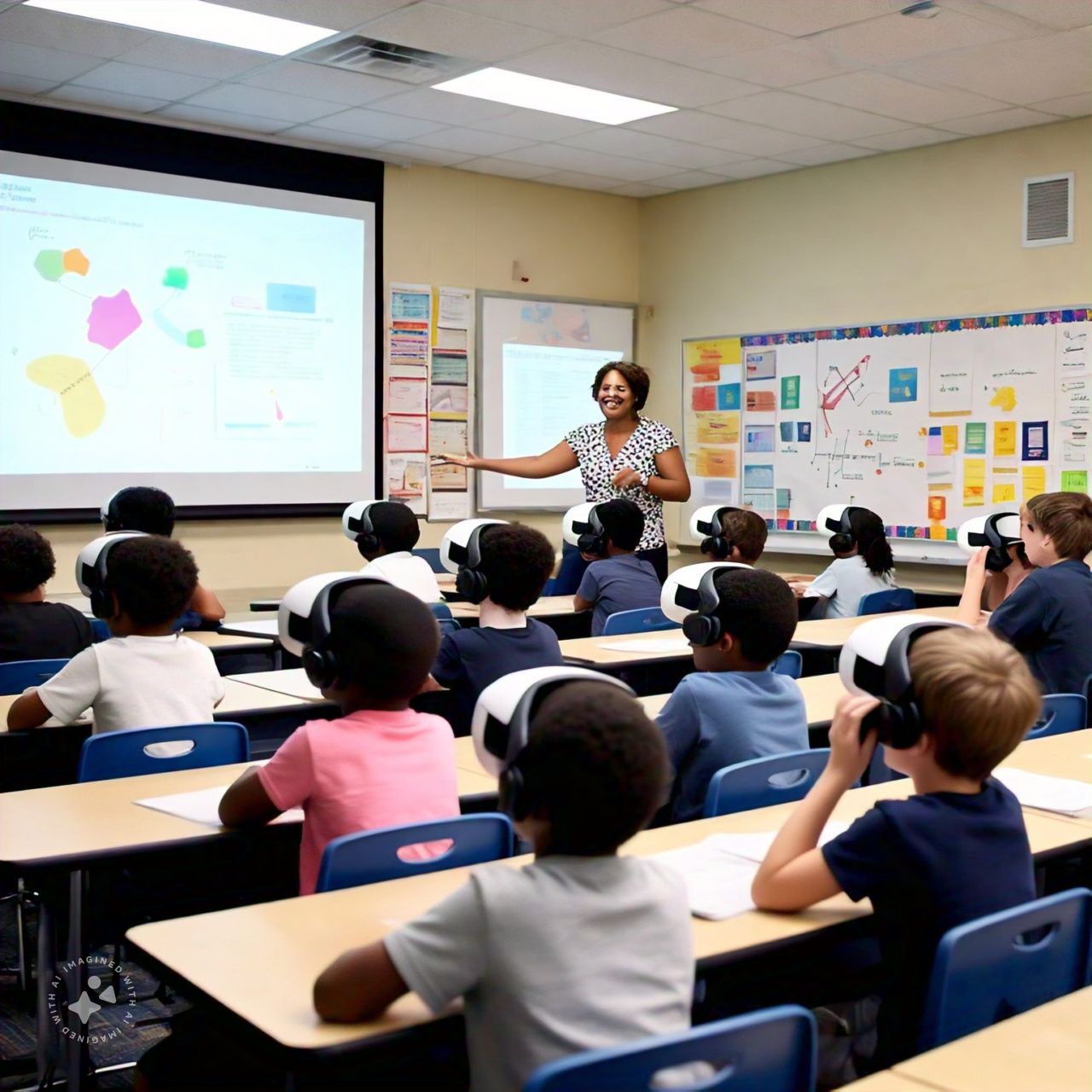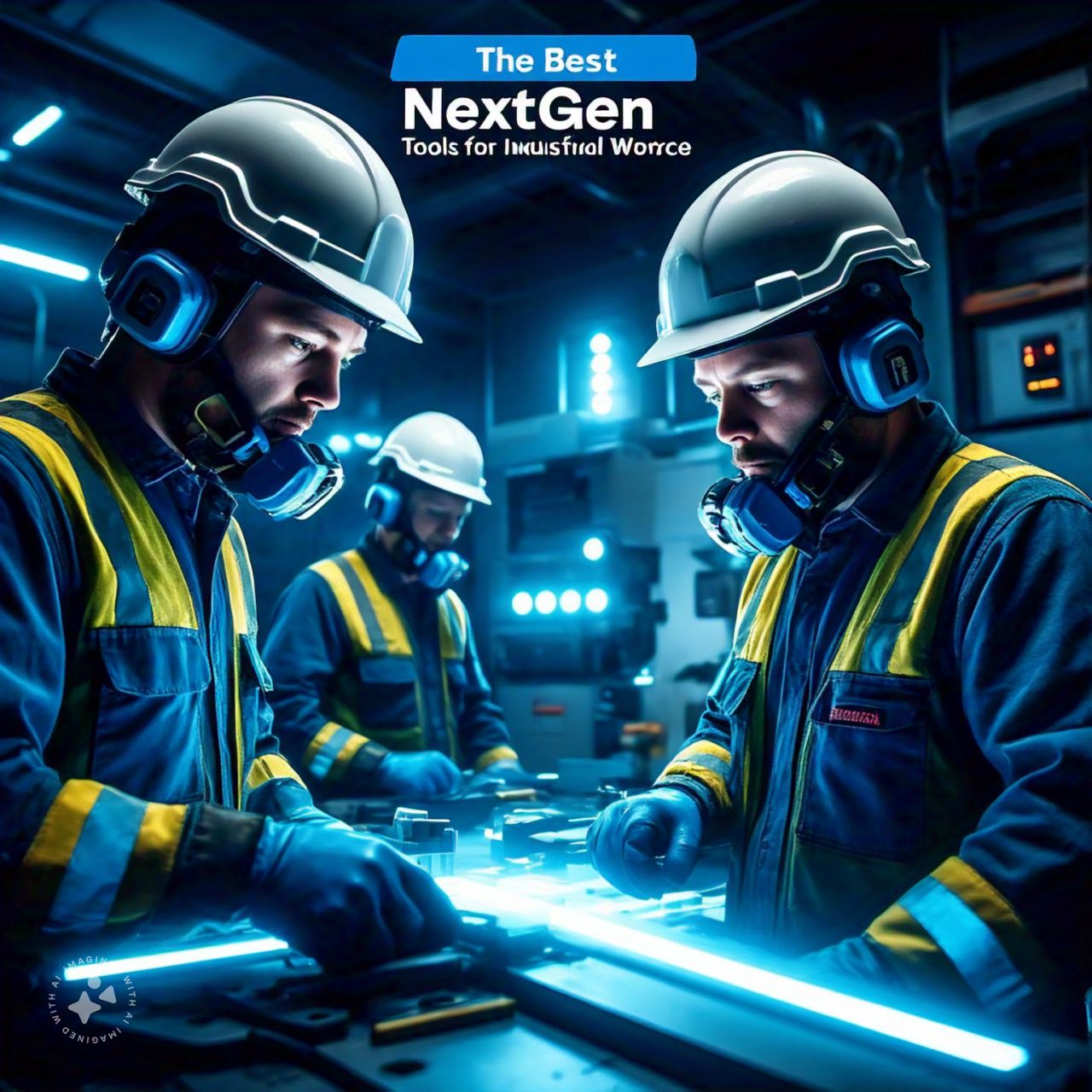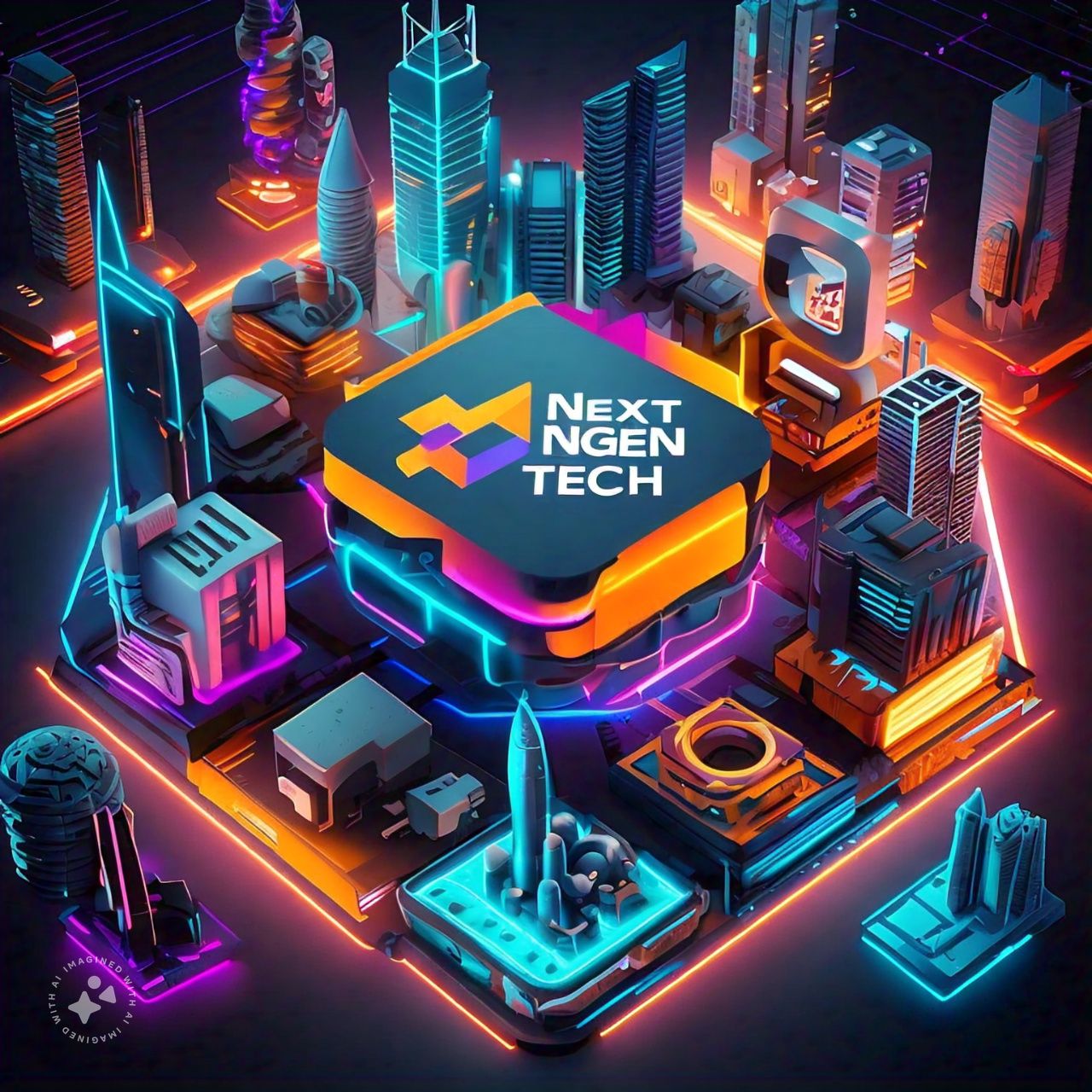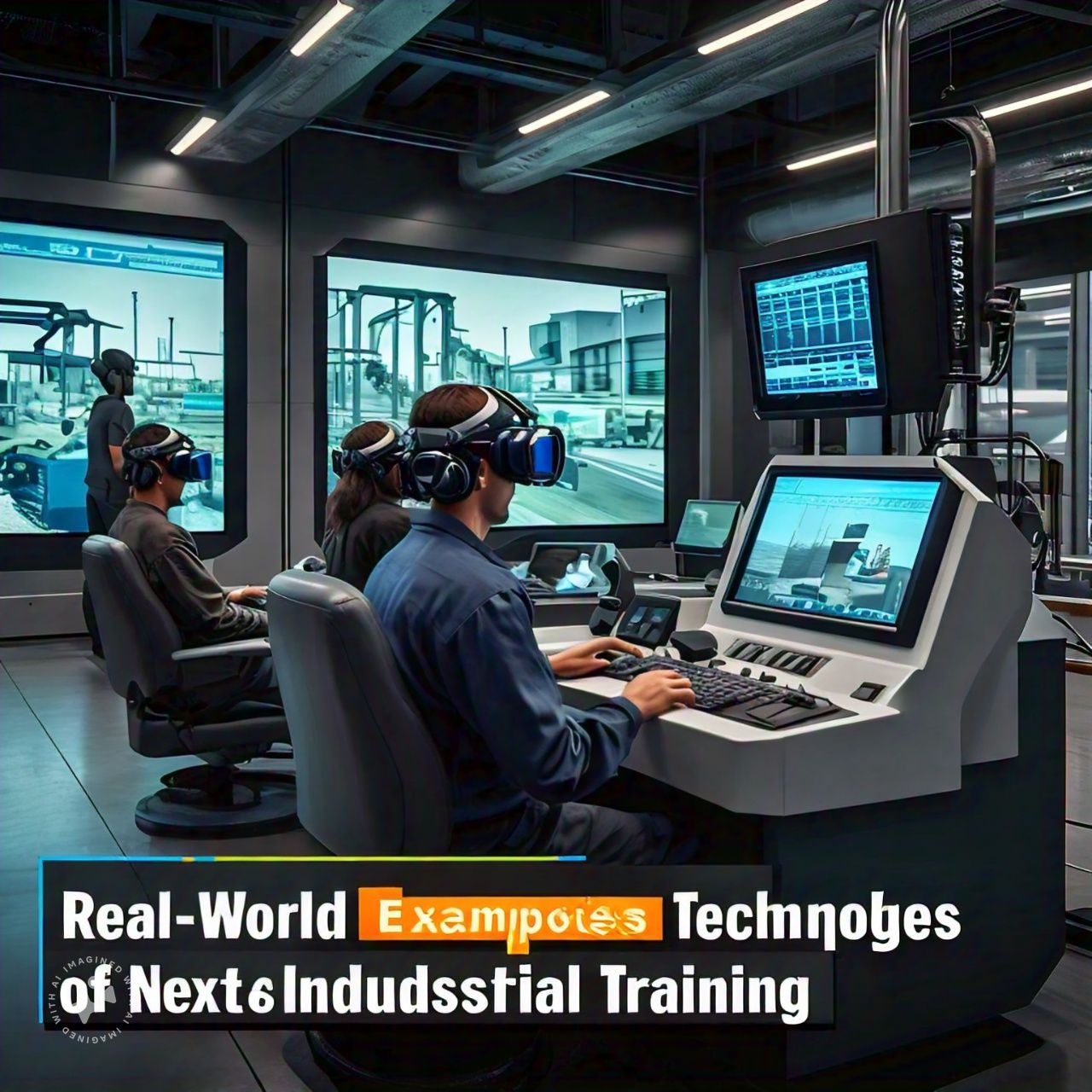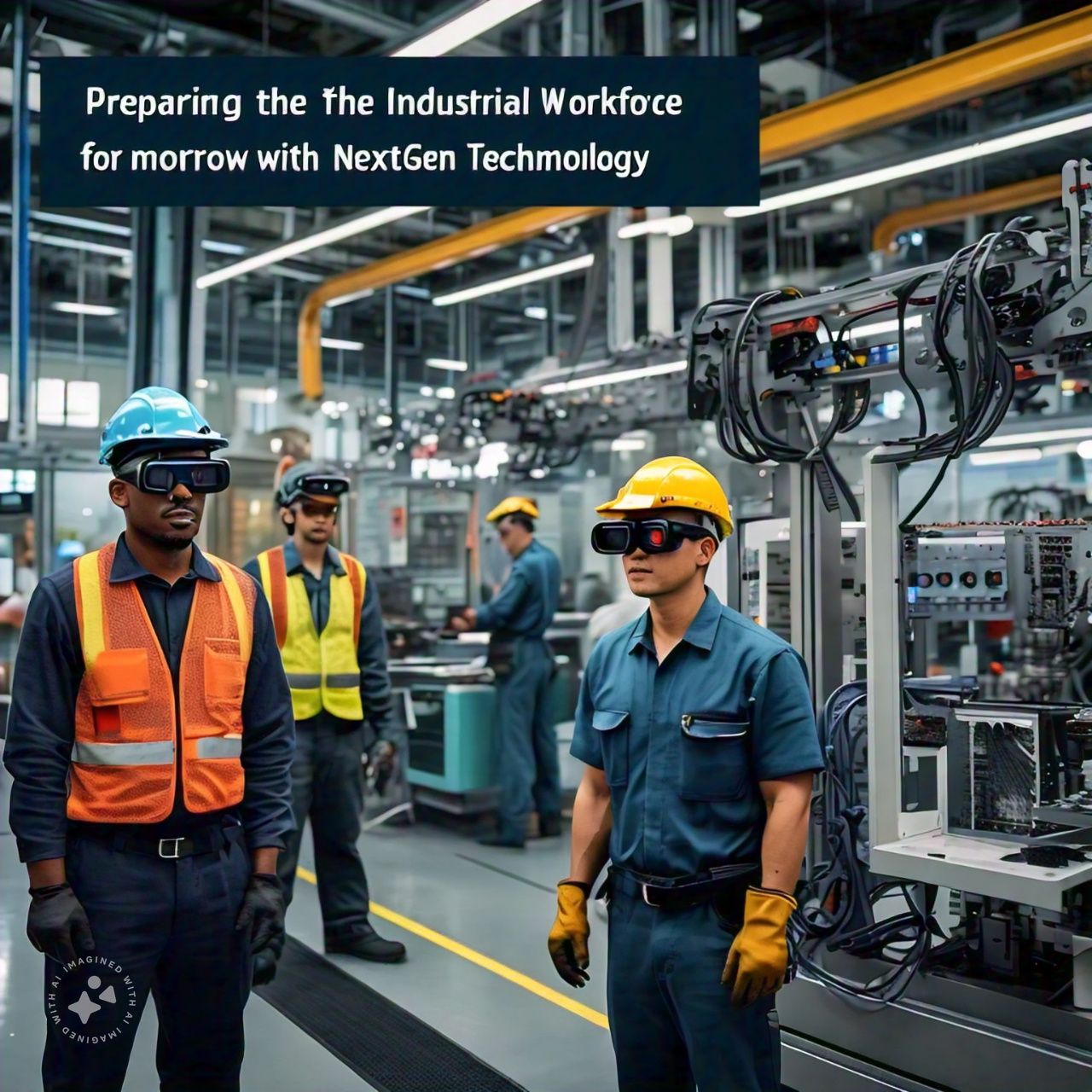
Introduction
As industries face rapid technological advancements, it’s becoming increasingly important to prepare the workforce for the future. One key factor in this transformation is the integration of NextGen technology for the industrial workforce. These cutting-edge innovations, ranging from artificial intelligence (AI) to automation and the Internet of Things (IoT), are reshaping the way industries operate. This article explores how NextGen technology is enhancing the industrial workforce and what steps companies can take to stay ahead of the curve.
What is NextGen Technology for Industrial Workforce?
NextGen technology refers to the latest advancements in digital tools and innovations that are transforming industries. In the context of the industrial workforce, this includes everything from robotics and automation systems to artificial intelligence, machine learning, and the Internet of Things (IoT). These technologies are designed to make industrial processes smarter, faster, and more efficient.
- Robotics: Robots are now performing tasks once considered too dangerous or repetitive for human workers. They handle everything from heavy lifting to precision operations, allowing employees to focus on higher-value tasks.
- Artificial Intelligence (AI): AI is not just about machines making decisions on their own. It’s about augmenting human decision-making, improving process efficiency, and ensuring that operations run smoothly with minimal errors.
- Automation and IoT: Automation, combined with IoT sensors, allows machines to communicate with each other, adjusting their processes in real-time without human intervention. This reduces downtime and boosts productivity.
By embracing NextGen technology, industries are no longer limited by traditional ways of working. Instead, they can leverage these innovations to create a more agile, efficient, and highly skilled workforce.
The Role of NextGen Technology in Enhancing Workforce Skills
NextGen technology doesn’t just improve industrial processes; it also revolutionizes the skillset of the workforce. As machines become more advanced, the demand for skilled workers to operate and maintain these systems increases. Here’s how:
- Upskilling and Reskilling Opportunities: With the introduction of new technologies, workers have the chance to develop new skills. Companies are investing in training programs that teach employees how to work alongside machines, interpret data from IoT sensors, and troubleshoot automation systems.
- Data Analytics Skills: The integration of data analytics with industrial systems is essential. Workers will need to interpret data to make informed decisions that improve productivity and reduce costs. This is a major shift from traditional manufacturing roles where physical tasks took precedence over data analysis.
- Human-Machine Collaboration: As automation tools take over manual tasks, human workers will engage in more complex roles that require problem-solving and decision-making. Learning to collaborate with machines—understanding their capabilities and limitations—is vital for the modern industrial workforce.
- Safety and Maintenance: With more automated systems in place, workers must acquire knowledge of how to maintain and troubleshoot these machines. This ensures that operations run smoothly and workers can identify potential problems before they escalate into costly issues.
In the coming years, the demand for workers with expertise in technology and data analytics will continue to rise. As a result, workforce development programs will need to focus on bridging the gap between traditional skills and emerging technologies.

How NextGen Technology Is Revolutionizing the Industrial Sector
The industrial sector has always been at the heart of innovation, and NextGen technology is accelerating this transformation. From increasing efficiency to improving safety and sustainability, the impact is profound.
- Increased Efficiency: Automation systems powered by artificial intelligence can analyze data from machinery and adjust operations accordingly. This helps identify bottlenecks, optimize processes, and reduce waste, all of which improve efficiency. Additionally, predictive maintenance powered by IoT devices can reduce downtime by alerting workers to potential malfunctions before they cause disruptions.
- Improved Safety: Workers in high-risk industries face dangers every day. With the introduction of robotics, autonomous vehicles, and AI-driven monitoring systems, hazardous tasks are increasingly being automated. This reduces the risk of human injury and creates a safer work environment overall.
- Sustainability: Sustainability is an ongoing priority for industries, and NextGen technologies can help. Automation and AI allow for better resource management and waste reduction, ensuring that companies operate more sustainably while reducing costs.
- Faster Decision-Making: One of the most significant advantages of NextGen technology is the speed at which data can be analyzed and acted upon. AI and IoT devices provide real-time insights, enabling companies to make decisions quickly and adjust strategies accordingly.
With the world becoming more connected and fast-paced, industries that fail to embrace these technologies risk falling behind. By leveraging NextGen innovations, businesses can gain a competitive edge and ensure their long-term success.
Preparing the Workforce for Tomorrow: The Key to Success
As industries undergo transformation, preparing the workforce for tomorrow is a critical component of success. Without a skilled workforce, even the best technologies will fail to reach their potential.
- Invest in Continuous Education: Companies need to partner with educational institutions to provide ongoing training programs. This should include both theoretical knowledge (such as learning about AI and robotics) and hands-on experience with real-world systems.
- Promote a Growth Mindset: Workers should be encouraged to view technology not as a threat but as an opportunity. A growth mindset fosters adaptability, ensuring that workers embrace change and develop the necessary skills to thrive.
- Emphasize Collaboration: A successful industrial workforce of the future will need to collaborate across departments and with machines. This means creating an organizational culture where cross-functional teams work together to innovate and solve problems.
- Provide Accessible Learning Platforms: Not all workers may have the resources to attend in-person training programs. Providing accessible digital learning platforms will ensure that employees have the tools they need to stay up-to-date with the latest technologies.
Conclusion: The Future of Work with NextGen Technology
In conclusion, NextGen technology for industrial workforce is paving the way for a smarter, more efficient, and safer future. As businesses increasingly adopt AI, automation, and IoT, the workforce must evolve to keep pace. The key to success lies in upskilling, embracing continuous learning, and fostering collaboration between humans and machines.
By preparing workers for tomorrow, companies can ensure they stay ahead of the curve and remain competitive in an ever-changing industrial landscape. Now is the time to invest in the workforce and empower them to harness the full potential of NextGen technology.

